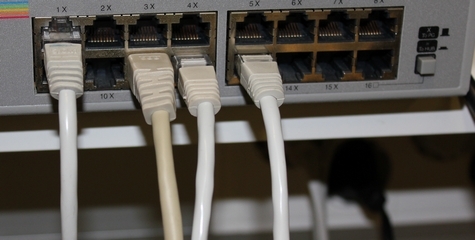WI-WE Progress
| Progress: 46.18% WWI-WE Version: 3 | |
| 0 | mandatory questions pending |
| 26 | questions total |
| 10 | questions answered |
| 10 | questions completed |
| 16 | questions pending |
Mapping Wild Cards
Inspired by: FP7 » P2P networks as a predominant technology for data management

Originally submitted by: Martin Fatun
List of all contributors by versions (mouse over)
Last changed by: Martin Fatun
WI-WE status:
.png)
